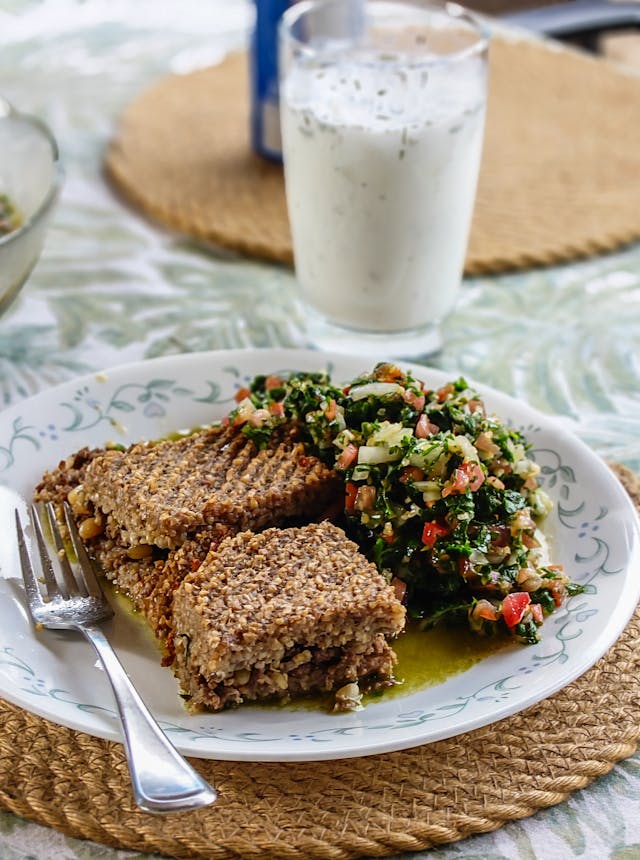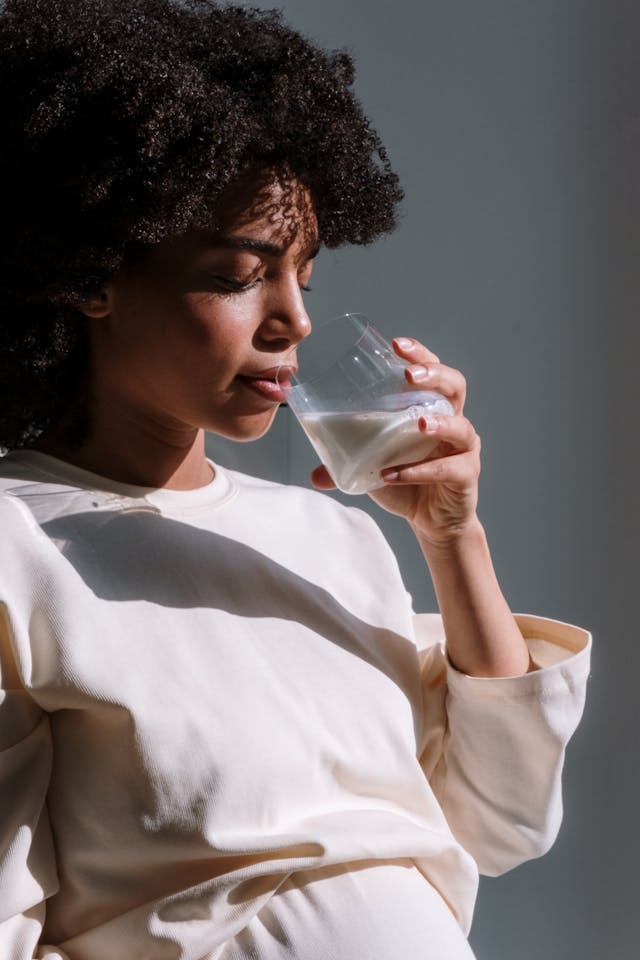Maintaining proper nutrition is one of the most important aspects of a healthy pregnancy.
A balanced diet supports the mother’s well-being and ensures the healthy development of the growing fetus.
Among the various nutritional requirements, essential vitamins during pregnancy play a critical role in fetal growth, organ formation, brain development, and preventing potential complications.
Many women may not get adequate amounts of vitamins through food alone, so healthcare providers often recommend supplements to meet these unique needs.
Understanding the function of each vitamin helps expectant mothers make informed choices that contribute to a safe and healthy pregnancy journey.
The Importance of Maternal Nutrition
Pregnancy increases the body’s need for nutrients, energy, and specific vitamins that directly influence the baby's development.
Consuming the right amounts of essential vitamins during pregnancy helps reduce risks of anemia, neural tube defects, weak immunity, and maternal fatigue.
Poor nutrition can negatively affect the baby's growth and the mother’s overall health.
Therefore, awareness and early planning are crucial for maintaining the required nutritional balance throughout all pregnancy stages.

Key essential vitamins for pregnant women
Folic Acid (Vitamin B9)
Folic acid is one of the most widely known essential vitamins during pregnancy because it prevents neural tube defects such as spina bifida and anencephaly.
Doctors usually recommend taking folic acid at least one month before conception and throughout the first trimester.
It also supports the formation of new cells and aids in producing DNA. Foods rich in folate include leafy greens, citrus fruits, beans, and fortified cereals.
Although dietary sources are beneficial, supplements are often required to reach the recommended daily intake of 400–800 mcg.
Vitamin D
Vitamin D plays a major role in calcium absorption, which supports bone formation for both mother and baby.
It strengthens the immune system and may also reduce the risk of pregnancy complications like preeclampsia.
Due to limited sun exposure or dietary intake, many pregnant women are deficient in vitamin D.
Therefore, healthcare providers commonly recommend vitamin D supplements to meet the required levels.
Fatty fish, eggs, and fortified milk are natural sources, but supplements ensure consistent intake.
Iron
Iron is another one of the vital essential vitamins during pregnancy, although technically it is a mineral.
It helps the body produce hemoglobin and prevents anemia, which is common during pregnancy.
Iron supports oxygen transport between mother and fetus. Low iron levels can cause extreme fatigue, dizziness, and an increased risk of premature birth.
Foods rich in iron include red meat, lentils, spinach, and fortified cereals. Iron supplements are frequently recommended, especially for women with low hemoglobin.
Read about: Low Iron Levels in Pregnancy
Calcium
Calcium is necessary for building strong bones and teeth, developing the nervous system, and enabling proper muscle function.
Calcium is one of the essential vitamins during pregnancy.
If the mother's diet does not provide enough calcium, the body may take calcium from her bones, leading to long-term deficiencies.
Dairy products, almonds, broccoli, and fortified juices are good calcium sources.
Many prenatal supplements also include calcium to support daily requirements.

Vitamin B12
Vitamin B12 works closely with folic acid in cell division and nervous system development.
It is essential for preventing anemia and supporting energy levels.
Women who follow a vegetarian or vegan diet are more likely to have a B12 deficiency.
Because of its importance, healthcare providers often monitor vitamin B12 levels throughout pregnancy to ensure optimal fetal brain development.
Read about Treating Vitamin B12 Deficiency
Omega-3 fatty acids (DHA)
Although not a vitamin, DHA is frequently included in discussions about essential vitamins during pregnancy due to its crucial role in brain and eye development.
DHA supports the baby's cognitive abilities and vision. It is found naturally in fatty fish, but many prenatal vitamins include DHA to guarantee adequate intake.
Vitamin C
Vitamin C helps strengthen the immune system, supports iron absorption, and contributes to healthy skin and tissue repair.
It also promotes collagen formation, which is important for the baby's bone and skin development.
Citrus fruits, tomatoes, bell peppers, and strawberries are excellent sources of vitamin C.
Vitamin A
Vitamin A is one of the essential vitamins during pregnancy because necessary for healthy vision, immune function, and organ development.
However, it must be consumed in controlled amounts because excessive intake can cause birth defects.
Most prenatal vitamins contain safe levels of vitamin A, and dietary sources like carrots, sweet potatoes, and spinach are generally safe when eaten in moderation.

How to Choose the Right Prenatal Vitamin
Selecting essential vitamins during pregnancy depends on each woman’s health condition, dietary habits, and medical advice.
The ideal supplement should contain a balanced combination of essential vitamins during pregnancy, such as folic acid, iron, vitamin D, DHA, and calcium.
Women with specific deficiencies may require additional supplements under a doctor’s supervision.
Reading labels, checking doses, and avoiding excessive vitamin A are important steps when choosing prenatal vitamins.
Natural Food Sources vs. Supplements
While whole foods should remain the foundation of a healthy pregnancy diet, supplements help fill nutritional gaps.
Many women struggle to meet all requirements through food alone due to nausea, dietary restrictions, or limited appetite.
Supplements ensure that both the mother and the developing baby receive consistent and adequate amounts of essential vitamins during pregnancy.
However, supplements should never replace a balanced diet. Combining both strategies ensures better overall health outcomes.
Tips for Maintaining Healthy Vitamin Levels
1. Eat a well-balanced diet rich in vegetables, fruits, proteins, and whole grains.
2. Include foods high in iron, folate, and calcium in daily meals.
3. Take prenatal essential vitamins during pregnancy consistently as prescribed by your healthcare provider.
4. Get moderate sunlight exposure to improve vitamin D levels.
5. Stay hydrated and avoid excessive caffeine, which may reduce nutrient absorption.
6. Attend regular prenatal checkups to monitor vitamin levels and overall health.
Conclusion
Ensuring proper intake of essential vitamins during pregnancy is one of the most effective ways to support both maternal health and fetal development.
These essential vitamins during pregnancy play critical roles in preventing complications, boosting immunity, and promoting healthy growth.
Maintaining a nutritious diet, combined with doctor-recommended supplements, provides expectant mothers with the support they need throughout pregnancy.
By understanding the importance of each vitamin and making informed choices, women can confidently nurture their health and give their babies the best possible start in life.
Read more about:
Magnesium Deficiency During Pregnancy


You must be logged in to post a comment.